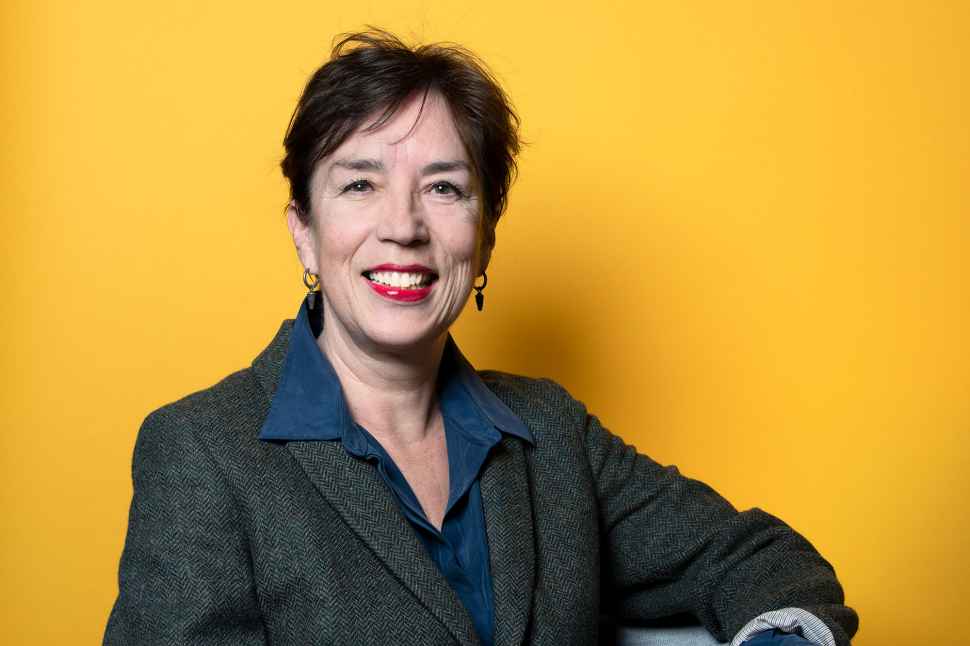
The coronavirus pandemic has prompted a national rethink on how society manages death and dying, at the same time as Flinders University has launched research into how people are coping with the trauma of losing loved ones at a time of social distancing.
Experts from Flinders University’s Caring Futures Institute (CFI) say that while developing a virus vaccine remains a vital priority, people must also be realistic about potentially fatal consequences.
CFI director Professor Alison Kitson says dedicated COVID-19 research is needed to better understand the physical and emotional toll the virus places on families, carers and patients during this traumatic period.
“People need to care for their loved ones but how do you do that when you can’t see, or touch them,” Professor Kitson asks.
“The only thing that we are certain of in life is birth and death. Yet we have so little evidence to guide us in that important part of death. There is a lot of discussion about equipment such as ventilators, with a focus on surviving, but we’re not encouraging discussion about death.
“I think we also need to drill into people’s experiences of care particularly to the vulnerable and elderly, amid an era of COVID-19 restrictions and social distancing.” Professor Kitson says.

The CFI research coincides with new guidance in on palliative care in the context of COVID-19 to help drive more focused “compassionate care” for those at the end of life.
Flinders’ Research Centre for Palliative Care, Death and Dying Director Professor Jennifer Tieman is part of the Australian COVID-19 Palliative Care Working Group, led by Palliative Care Australia.
This panel of experts, clinicians and industry groups have for several weeks been investigating how those with terminal illnesses or conditions can be better looked after.
As part of the palliative care working group, the Australian and New Zealand Society of Palliative Medicine (ANZSPM) has taken the lead in developing clinical guidance and a set of “living guidelines” to help support clinicians and front line health staff as they work within the challenging COVID-19 environment.
ANZSPM President and palliative care specialist, Associate Professor Leeroy William, says the pandemic requires new approaches in the way palliative care is provided, both for COVID-19 patients and also those already receiving treatment for other serious and life-limiting illnesses.
“Essentially we are reviewing the evidence as we go and writing guidelines to help palliative care practitioners and other medical, nursing and allied health staff provide compassionate care and manage symptoms and concerns of people at the end of life, and their families,” Professor William says.
“Our guidelines cover issues such as essential elements of palliative care and end of life care during COVID-19, caring for patients dying in the community, managing medication supply and access issues, palliative care communication and care before and after death.”
The 5 key areas currently being examined as part of the guidelines:
- Peri and Post-death COVID-19 care in the community
- Supply and access issues for palliative care medications during COVID-19
- Essential palliative & end-of-life care in the COVID-19 pandemic
- Pandemic-Context Palliative Care triage: A response to COVID-19
- Palliative Care Communication in the COVID-19 context
When finalised the guidelines will be sent to practitioners as well as medical, nursing and allied health staff across Australia.

Professor Tieman says the new guidelines, which will also encourage increased use of technologies such as digital communication, were urgently needed in such a rapidly changing world.
“They will help palliative care practitioners and other medical, nursing and allied health staff provide compassionate care and manage symptoms and concerns in caring for people at the end of life within a COVID-19 environment,” Professor Tieman says.
“Most people with COVID-19 infection experience mild illness and recover. But for some people severe infection with the virus can be life threatening.
“As a country, we need to plan and be prepared for the possibility of increased demand for end of life care” Professor Tieman says.
If you are interested in sharing your experience visit: flinders.edu.au/caringfuturesinstitute, email caringfutures@flinders.edu.au or via Twitter @FlindersCFI

